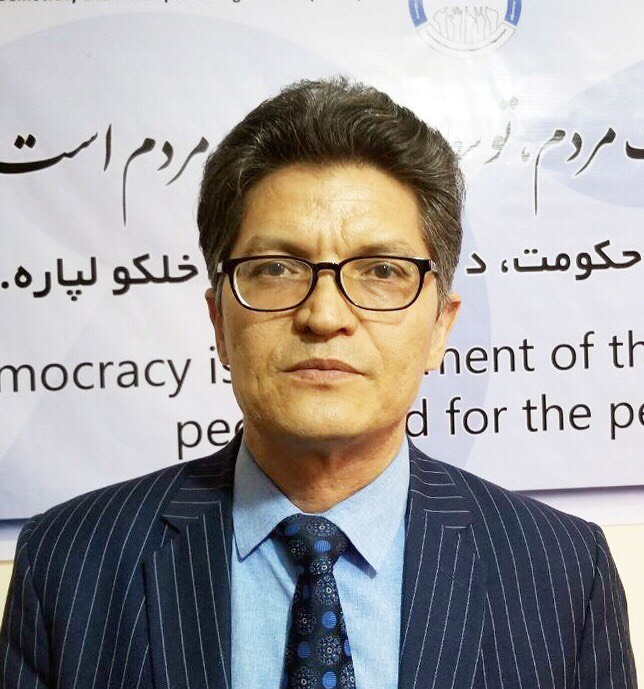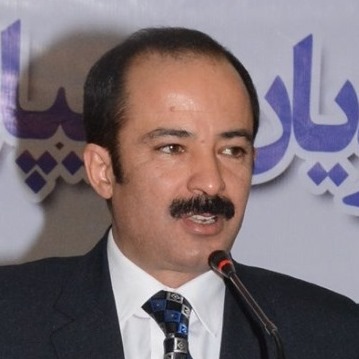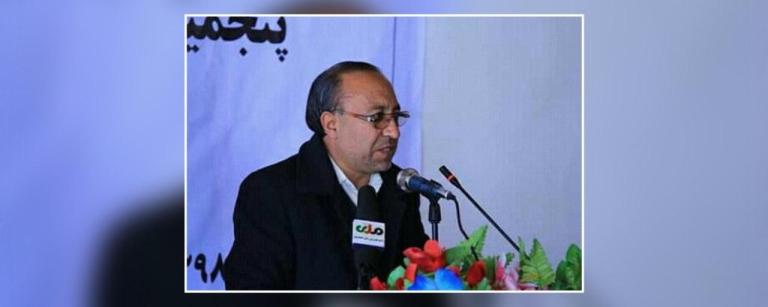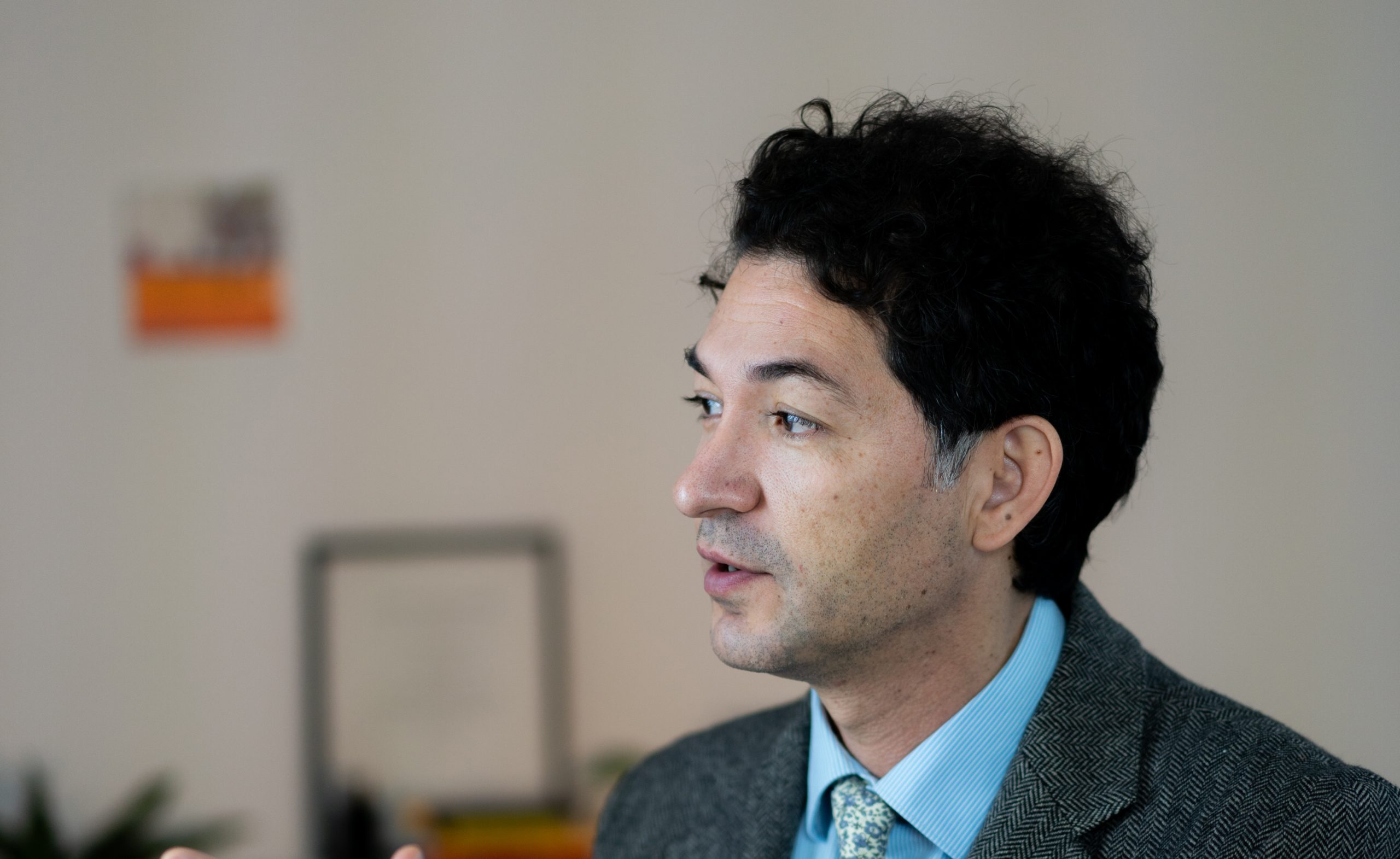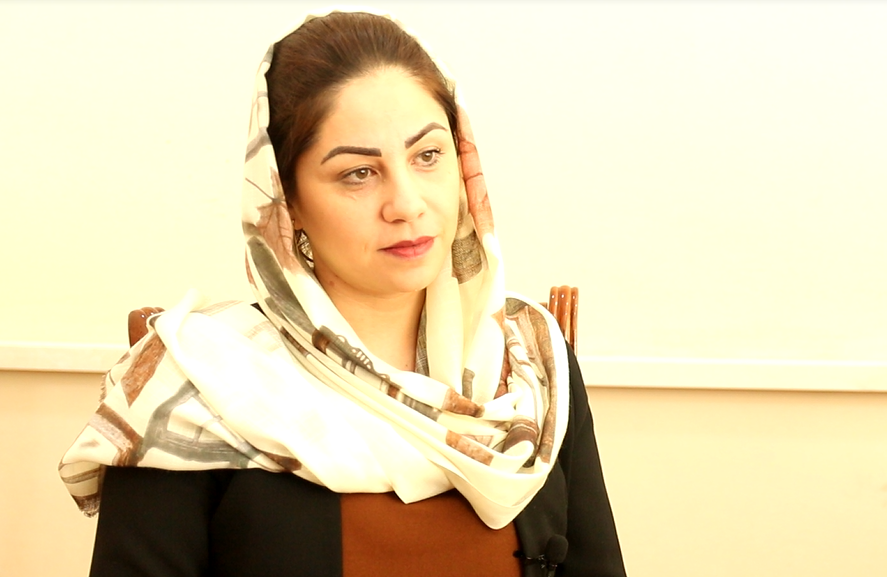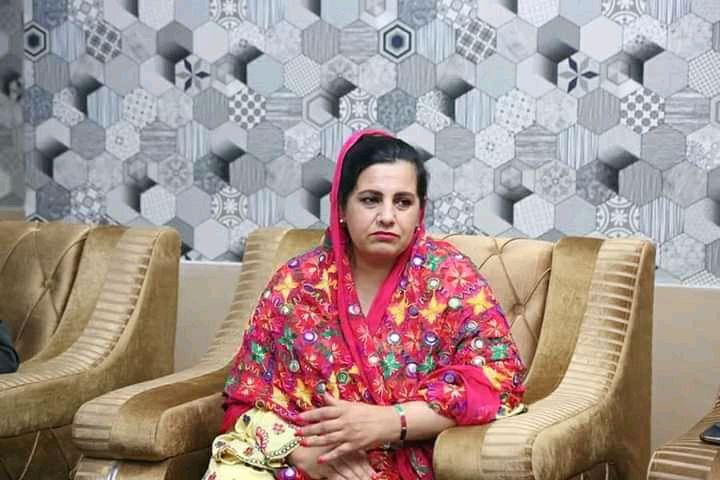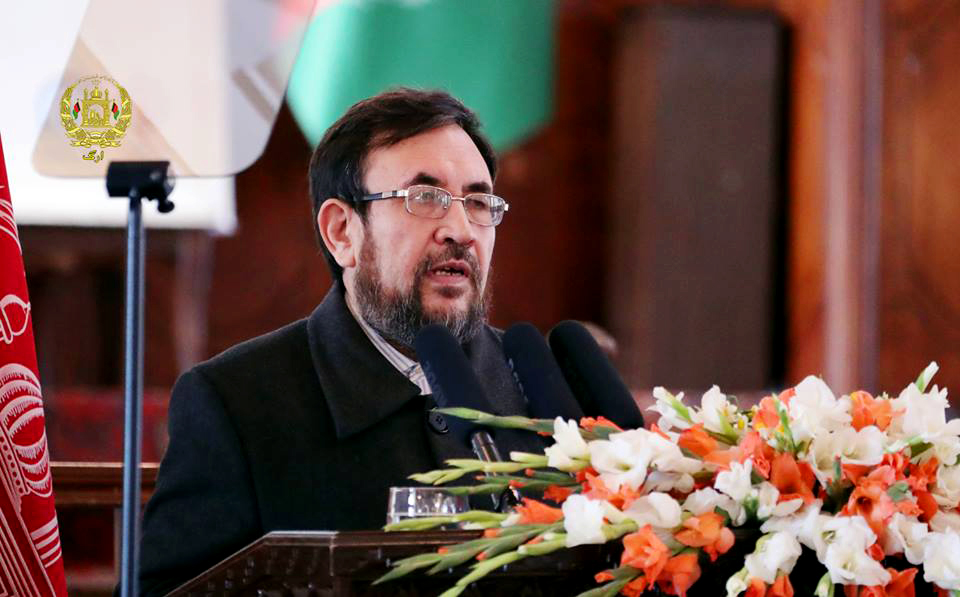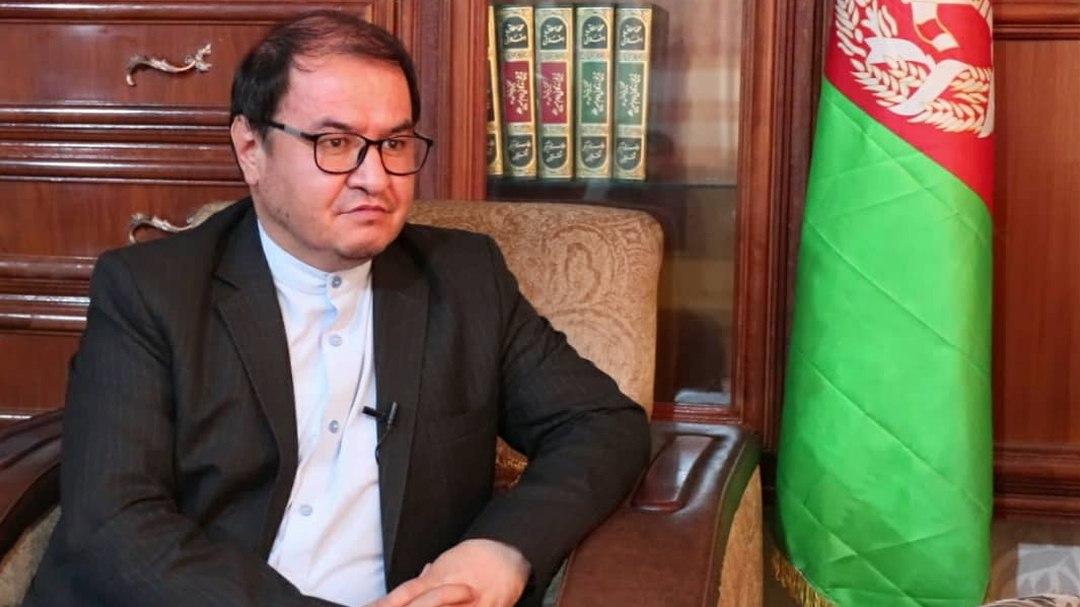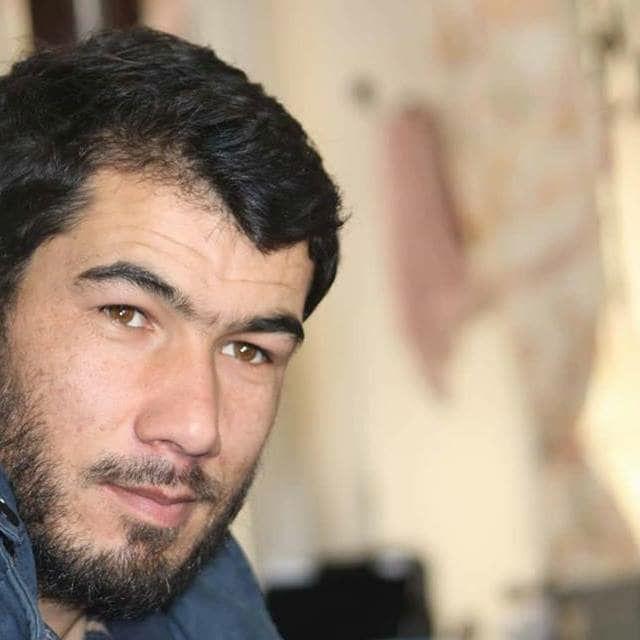People’s Voice is not Heard
Some civil society activists believe that the government negotiating team is based on political affiliations. Therefore, it cannot represent all Afghans and a large part of the society is ignored.In an interview the CSHRN, Mr. Ahmadi said that all citizens, including civil society activists, religious scholars, women and youth have an important role to play in the peace process. However, he believes that people’s voice is not heard in the peace talks. He added that currently, the negotiation is only between government and the Taliban.CSHRN: Is the government’s negotiating team inclusive?Ahmadi: There are such claims from the government, but the government has selected the members of the negotiating team based on their political affiliations. Representatives of powerful individuals and groups are members of the team, but minorities representatives are not. There may be important aspect in selecting negotiating team members. But in general, due to concerns about preserving achievements and values, many people, including religious scholars, intellectuals, media and civil society representative are ignored in these negotiations. Civil society activists should be able to monitor the peace negotiations. However, such an opportunity is not being provided yet.CSHRN: What is your assessment of what has happened in the negotiations so far?Ahmadi: It is a historic opportunity and a valuable process. On the one hand, the people are tired of the war, waiting for an agreement to be reached the peace, and on the other hand, they are worried about the possibility of repeating the bitter experiences of the past. Another issue is that the peace process has slower progress and there are challenges along the way. Each side insists on its own demands for having a greater share of power. Additionally, the citizens do not know exactly what is happening in the negotiations.CSHRN: Will the negotiations reach a positive…
